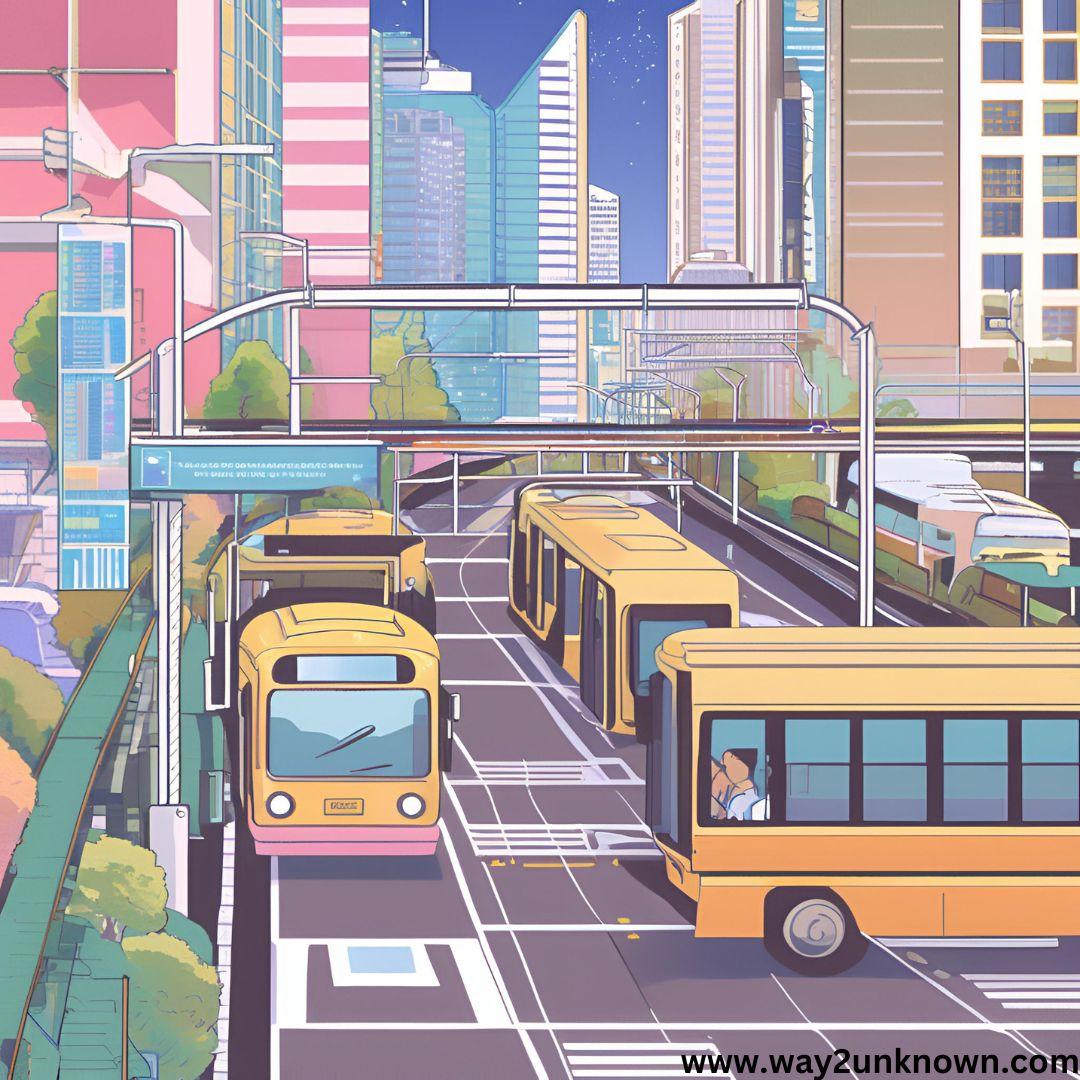Optimizing Public Transportation Systems with AI

Artificial Intelligence (AI) is revolutionizing the efficiency and reliability of public transportation networks worldwide through advanced scheduling, routing, and management systems. By harnessing AI technologies, cities are addressing challenges such as congestion, unpredictable travel times, and environmental concerns with innovative solutions.
One of the primary applications of AI in public transportation is optimizing scheduling. AI algorithms analyze vast amounts of historical and real-time data to predict demand patterns accurately. This enables transport authorities to create schedules that align with passenger needs, reducing waiting times and optimizing vehicle utilization. For instance, AI can adjust bus or train frequencies dynamically based on passenger volume, weather conditions, or special events, ensuring smoother operations.
Routing is another critical area benefiting from AI advancements. AI-powered routing algorithms consider multiple factors, including traffic patterns, road conditions, and real-time incidents. These algorithms can dynamically reroute vehicles to avoid congestion or accidents, thereby minimizing travel delays and improving overall service reliability. This capability not only enhances passenger satisfaction but also reduces operational costs by optimizing fuel consumption and maintenance schedules.
Moreover, AI plays a pivotal role in managing public transportation networks efficiently. AI systems analyze data from various sources, such as GPS trackers, fare collection systems, and passenger feedback, to provide real-time insights. Transport authorities can use these insights to make data-driven decisions, such as adjusting routes or schedules in response to changing demand patterns or improving safety measures based on incident analysis.
In conclusion, AI is transforming public transportation by enhancing scheduling accuracy, optimizing routing efficiency, and enabling proactive network management. As cities continue to grow and urban mobility challenges evolve, AI-driven innovations promise to play an increasingly crucial role in creating sustainable and seamless transportation experiences for commuters globally. By leveraging AI technologies, cities can achieve smarter, more responsive public transportation systems that meet the needs of modern urban populations while promoting environmental sustainability.